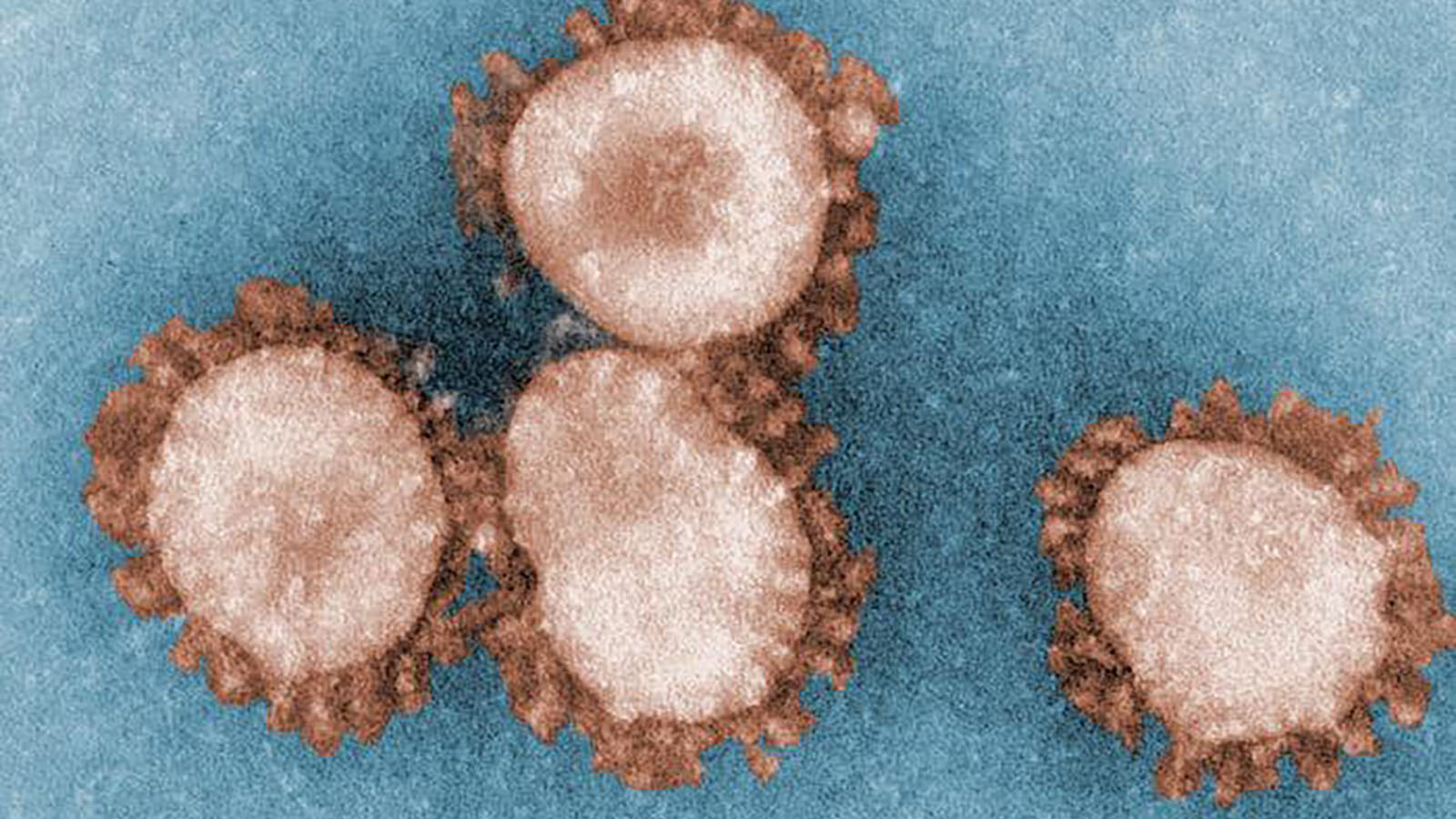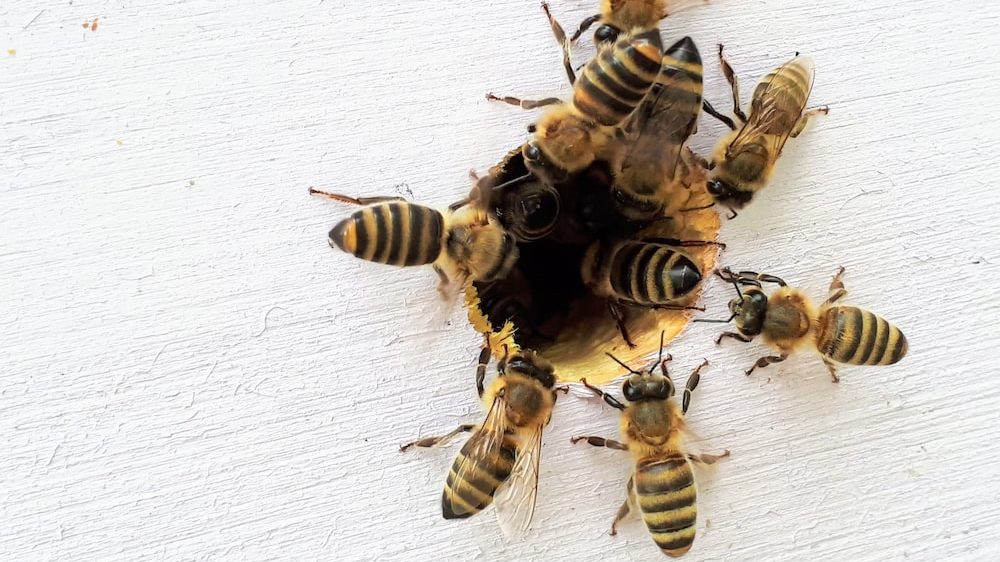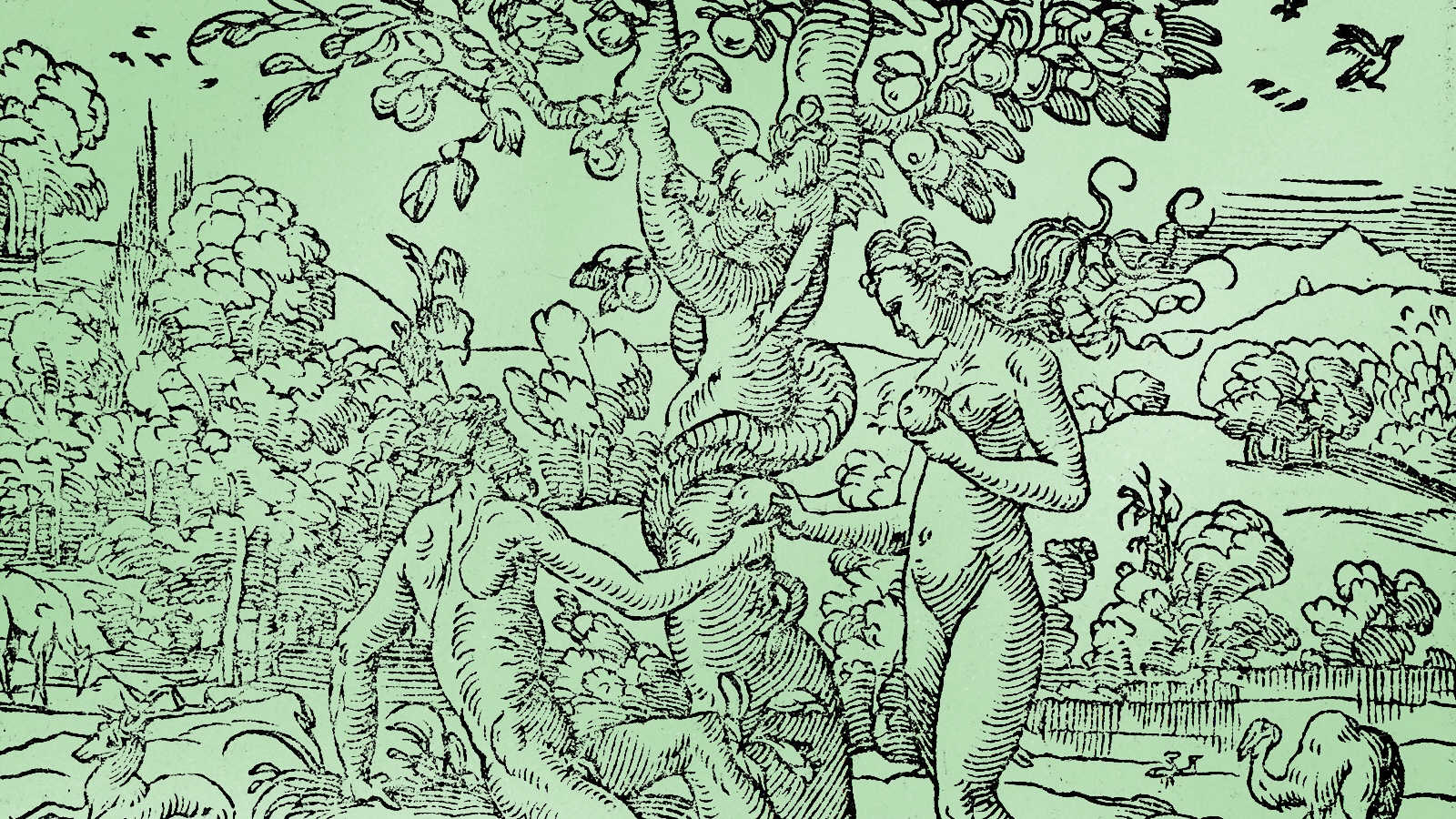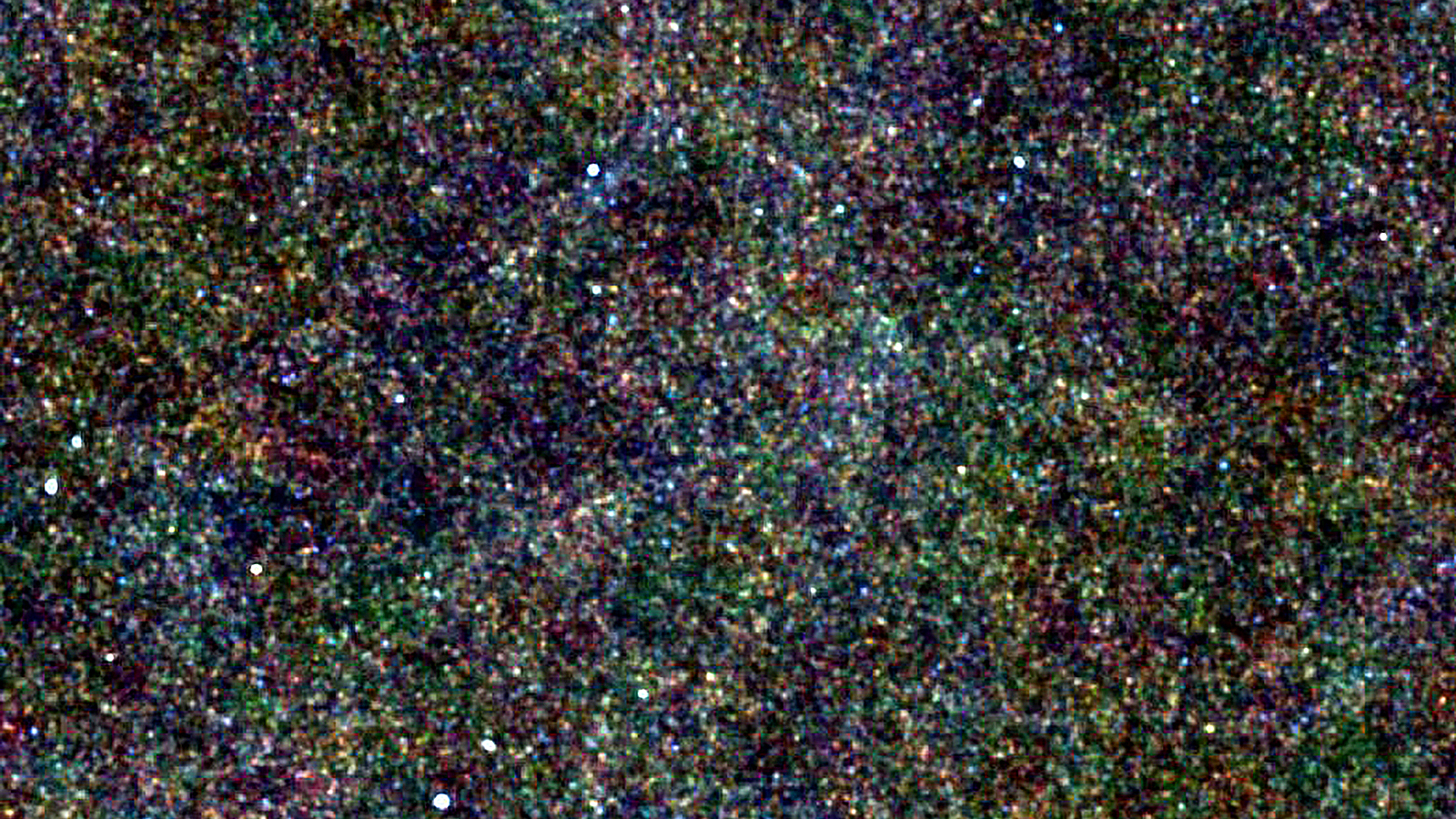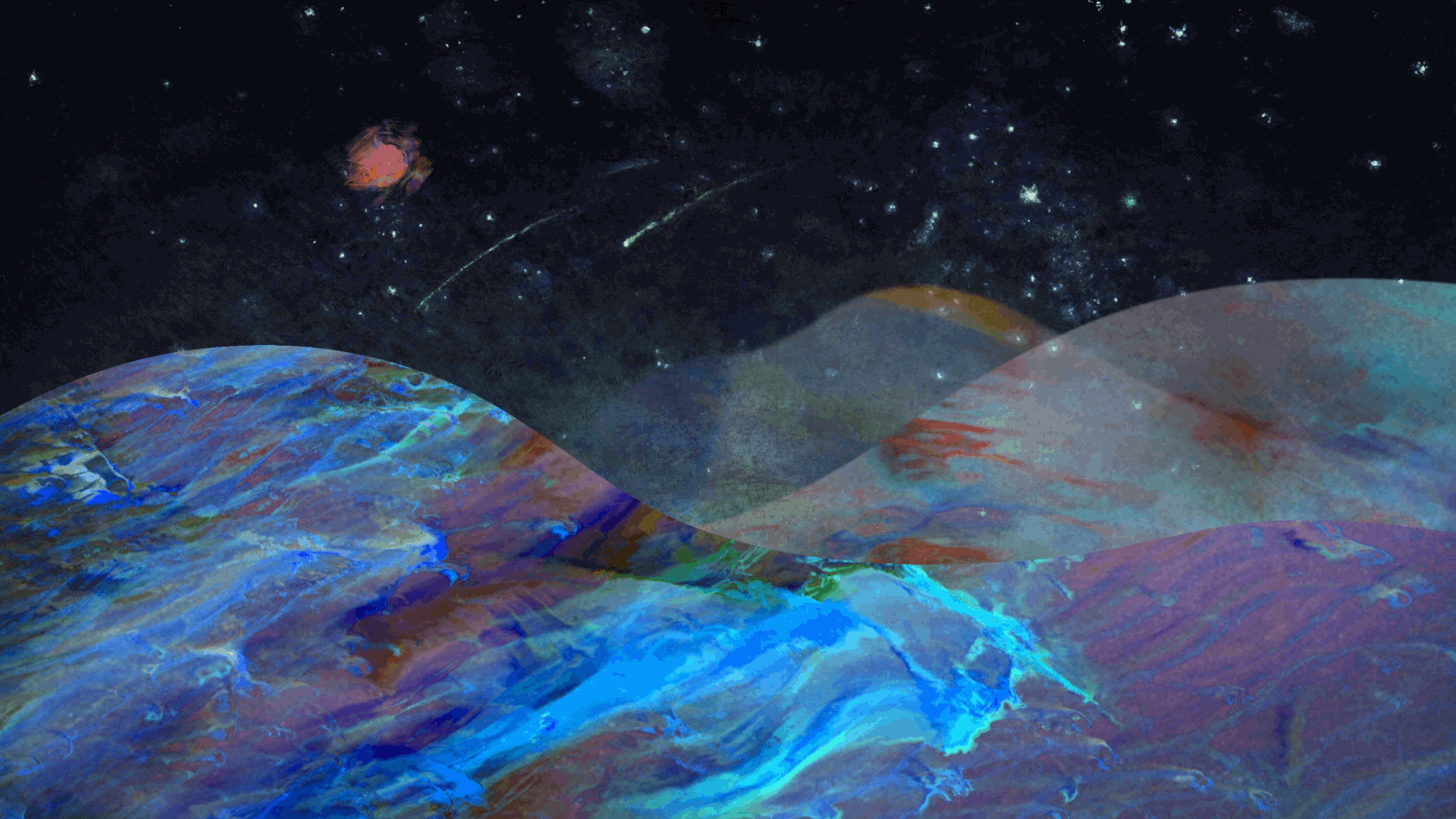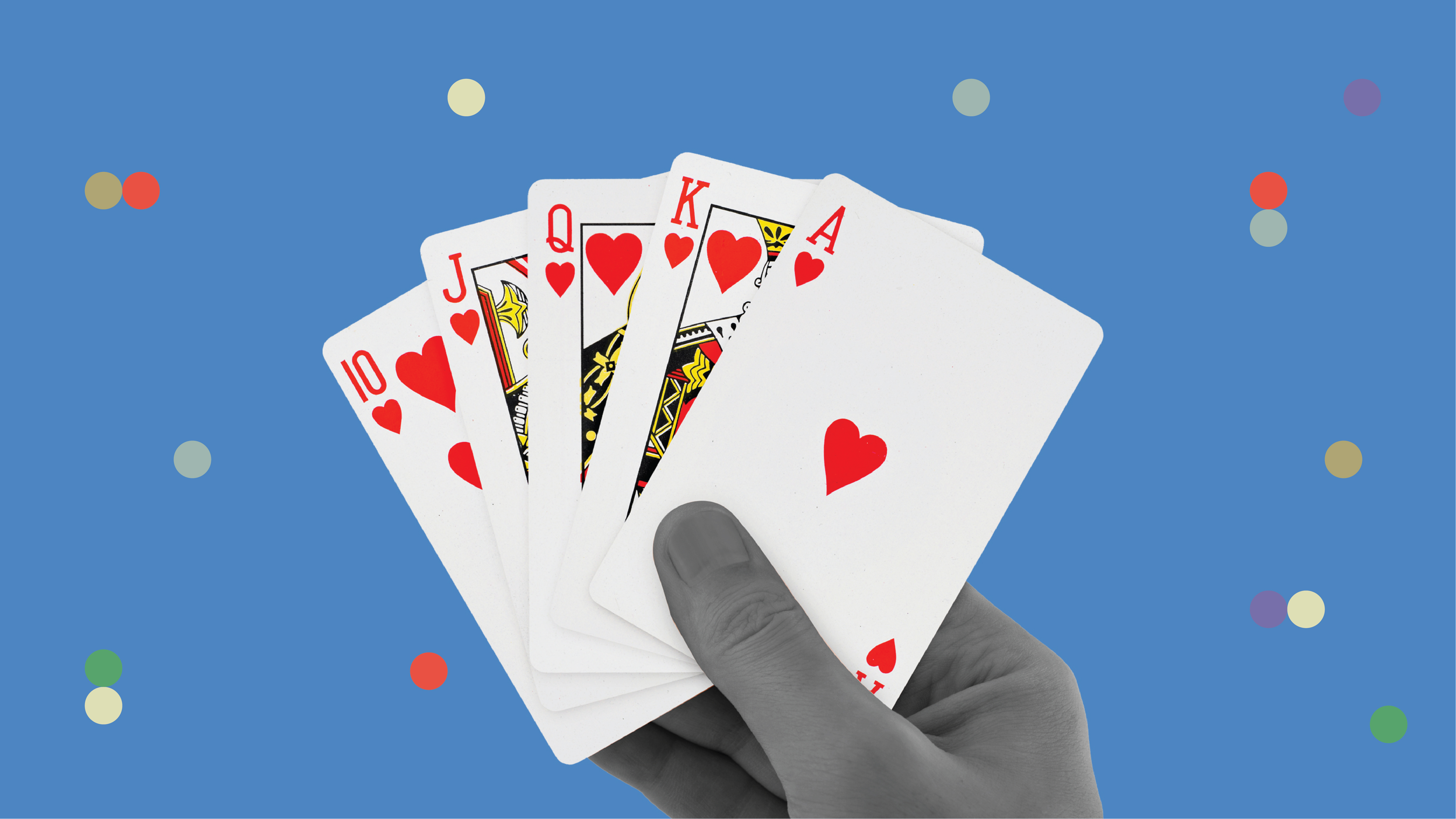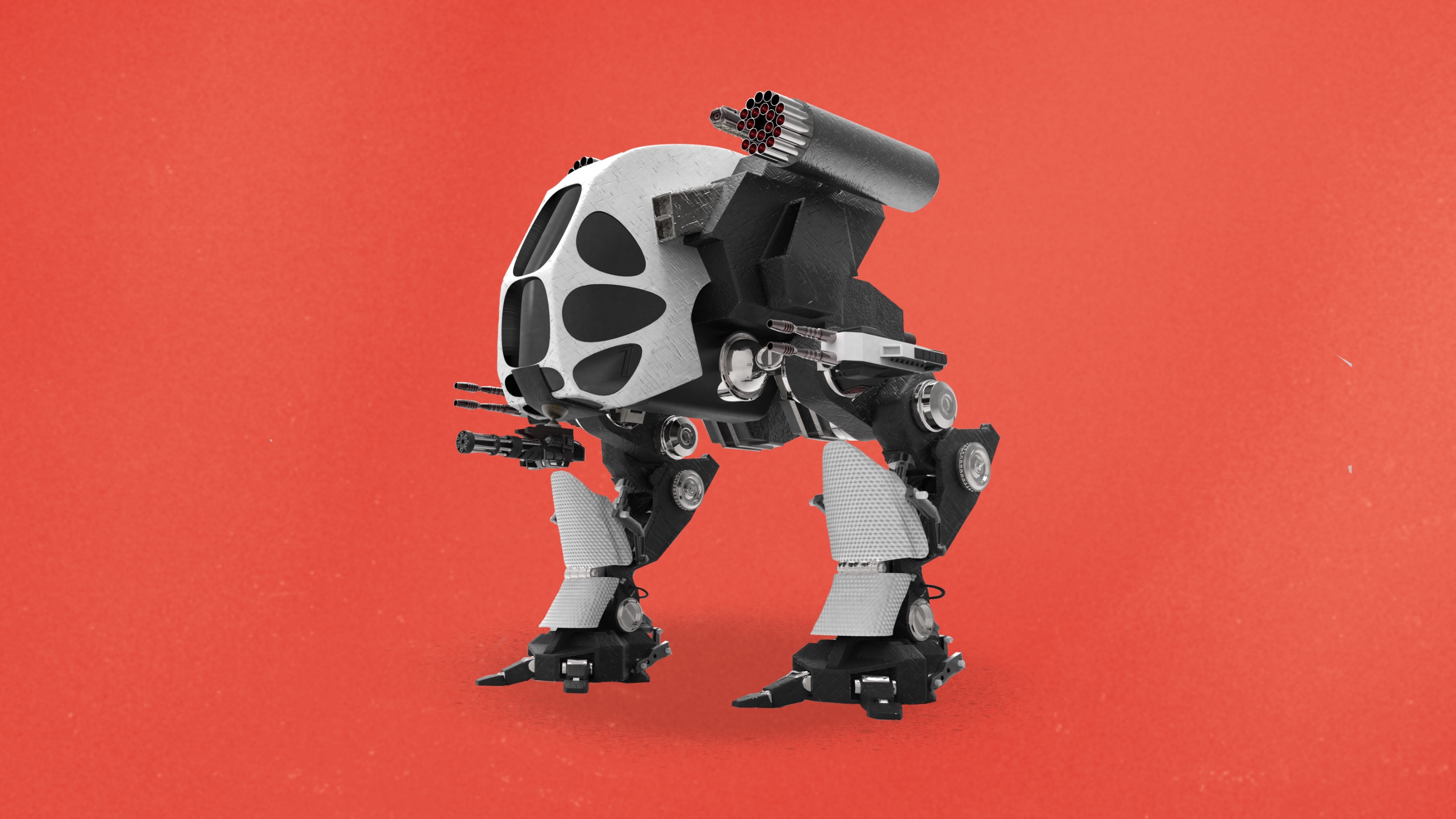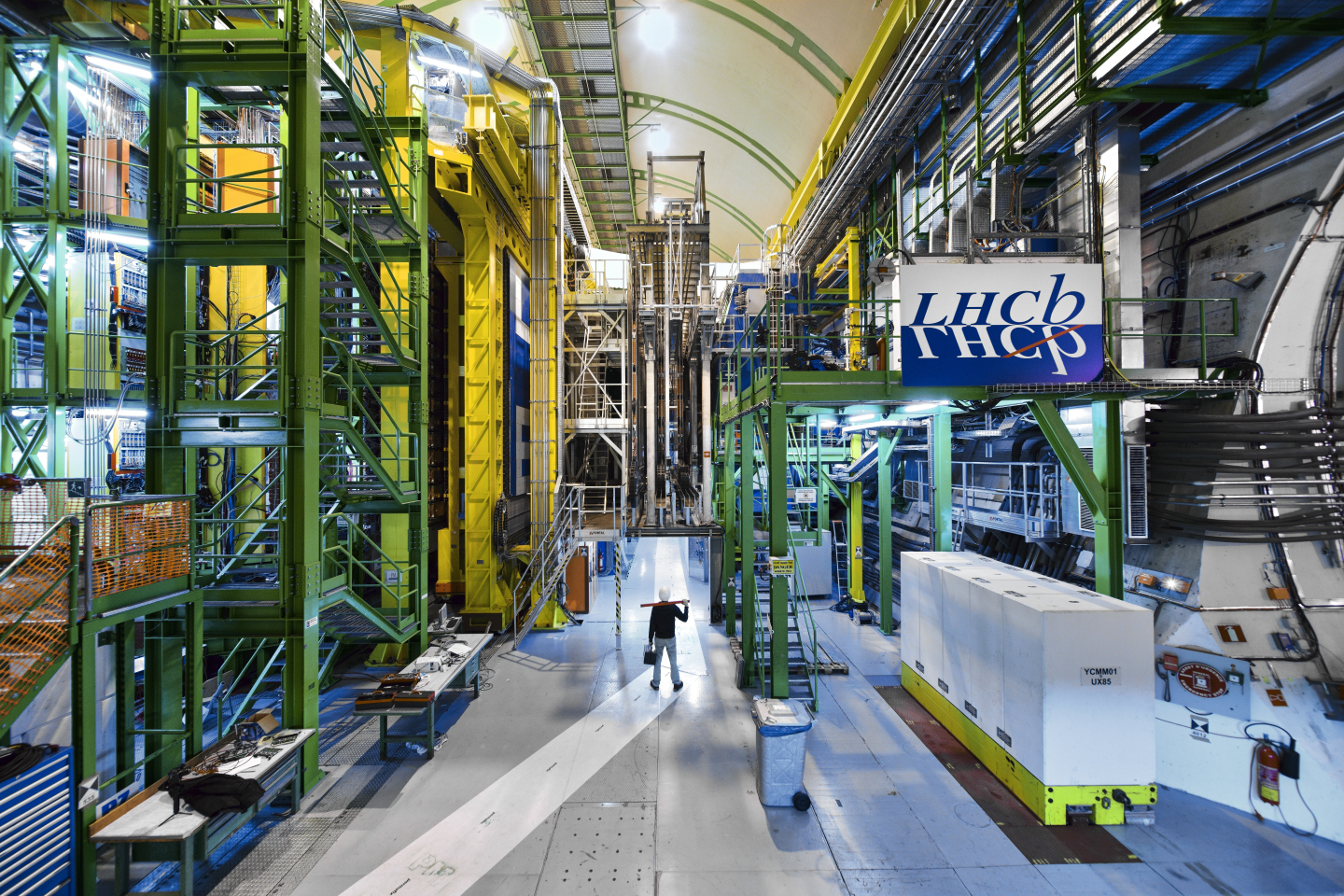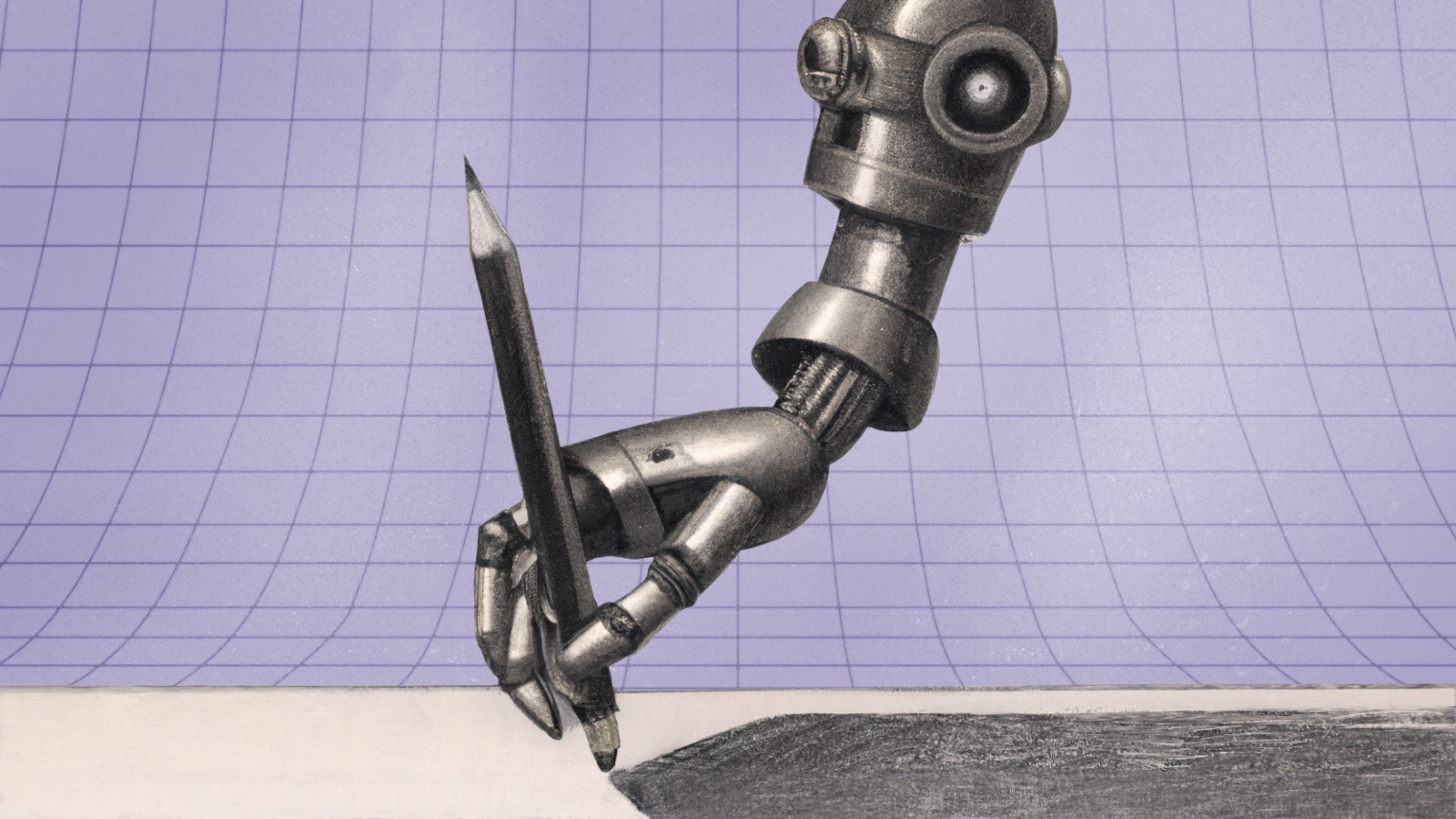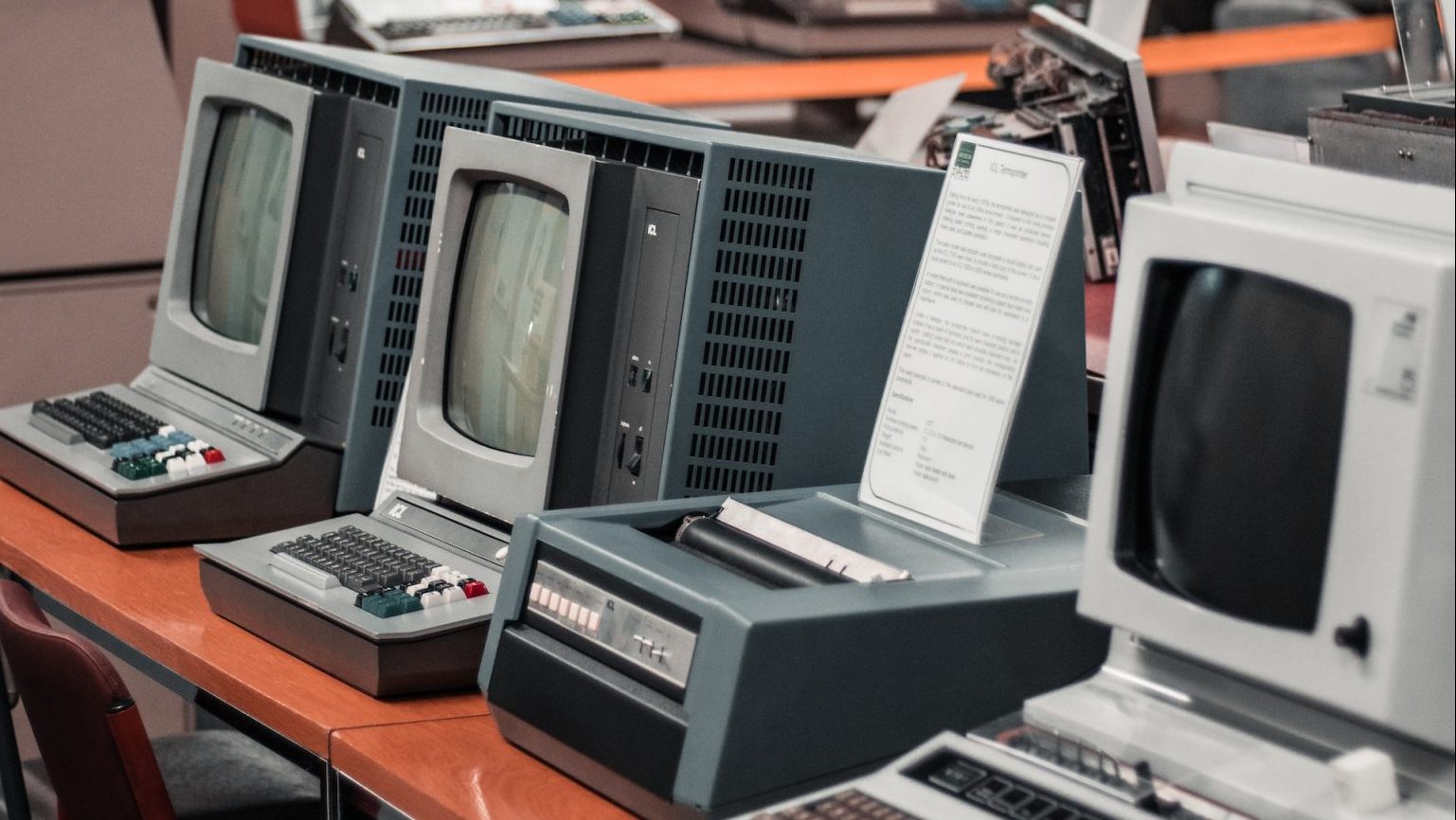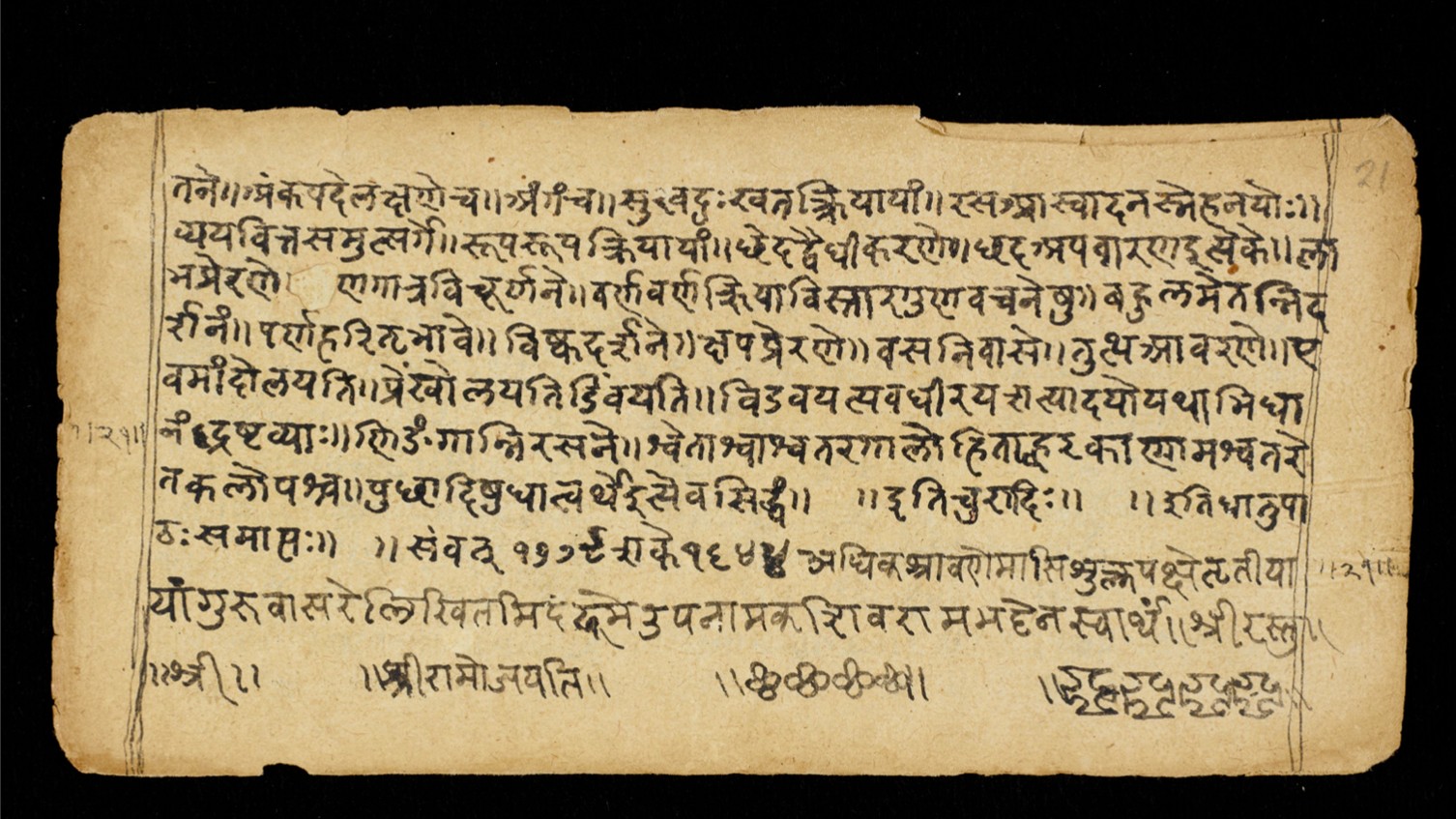Of the world’s 300 honey varieties, none is stranger and more dangerous than mad honey.
All Articles
Seneca thought the use of ice was a “true fever of the most malignant kind.”
In 2020, scientists took more than a kilo of moon rock and soil back to Earth for testing.
Ever since the Big Bang, cataclysmic events have released enormous amounts of energy. Here’s the greatest one ever witnessed.
It will be able to produce 22 million pounds of cultivated meat annually.
We might be dining on insect-based Christmas pies with robot-harvested algae on the side.
These five great books should prompt us to work on what needs fixing the most in the world: ourselves.
A new drug inhibits a human enzyme that coronaviruses hijack in order to replicate.
When we’re stressed, our hormones and nervous system produce all sorts of odors.
These were the stories you clicked on the most.
Lithium-ion batteries pose challenges for our transition toward renewable energy. Sodium-sulfur batteries might be a solution.
Parity tasks (such as odd and even categorisation) are considered abstract and high-level numerical concepts in humans.
“The Da Vinci Code” popularized the idea that Christians stole much of their theology. It’s wrong, especially regarding Christmas.
Earth is actively broadcasting and actively searching for intelligent civilizations. But could our technology even detect ourselves?
Ada Lovelace’s skills with language, music, and needlepoint all contributed to her pioneering work in computing.
We are still new at this.
Some analysts predict that Amazon’s revenue will double over the next five years.
Sleep less, sleep less, sleep more.
“A modern five-day forecast is as accurate as a one-day forecast in 1980.”
Shouldn’t “flight mode” be obsolete?
All the things that surround and compose us didn’t always exist. But describing their origin depends on what ‘nothing’ means.
From honing the art of perception to checking cognitive biases, here are a few techniques employees can learn in critical thinking training.
“Lethal autonomous weapon” sounds friendlier than “killer robot.”
Belief in God and the afterlife increased, while belief in superstition decreased.
For years and over three separate experiments, “lepton universality” appeared to violate the Standard Model. LHCb at last proved otherwise.
Even lifelong technologists and AI researchers like myself were genuinely surprised by the speed and impact of generative AI.
Despite their brief history, computers and AI have fundamentally changed what we see, what we know, and what we do.
The media sells bad news, but scientific evidence shows that we are making progress toward a greener planet.
A Cambridge Ph.D. student has solved a grammatical problem that has befuddled Sanskrit scholars since the 5th century BC.







